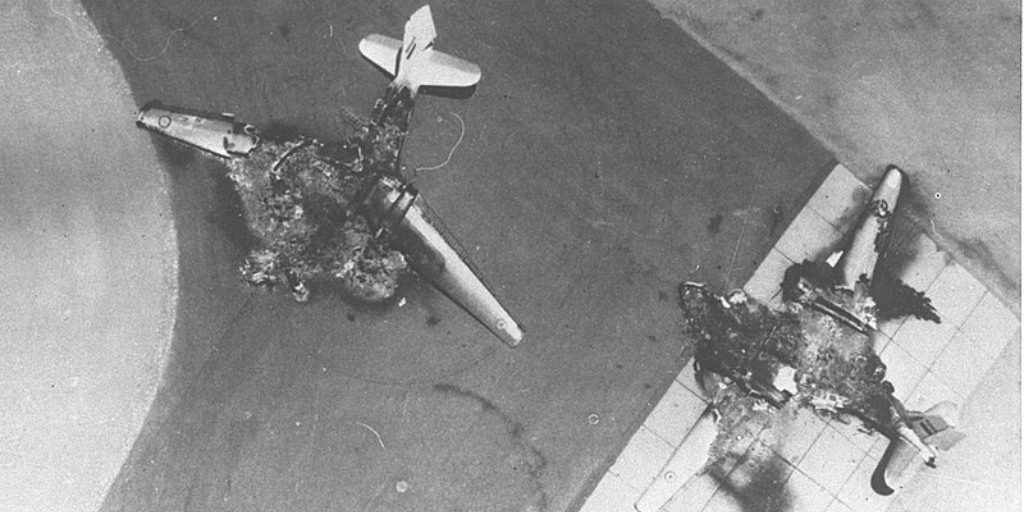Fifty-five years ago today, Egypt’s popular Sawt Al-Arab (Voice of Arabs) radio station announced the country’s defeat to Israel – only days after falsely informing citizens that Israel had lost. The Six-Day War, a surprise attack on Egypt, Syria, and Jordan, ended with Israel’s occupation of Sinai, the Golan Heights, Gaza, and the West Bank. Despite lasting less than a week, the legacy it leaves behind impacts Egypt, the Middle East, and the world to this day. To Egyptians, the Six-Day War is better known as Al-Naksa – the Setback. CONTEXT, CONFLICT, AND CLOSURE The Six-Day War was the culmination of decades of political tension and military conflict between Israel and Arab states, inspired largely by the then-president of Egypt, Gamal Abdel Nasser. For the greater part of the 20th century, Egypt had been the main actor in the conflict with Israel. In 1948, Egypt’s King Farouk led the first Arab-Israeli war, ultimately failing to expel the Israelis from once-Palestinian land. In 1956, Egypt faced tripartite aggression from Israel, England, and France over Nasser’s nationalization of the Suez Canal. In 1967, a decade’s worth of political tension reached a boiling…



